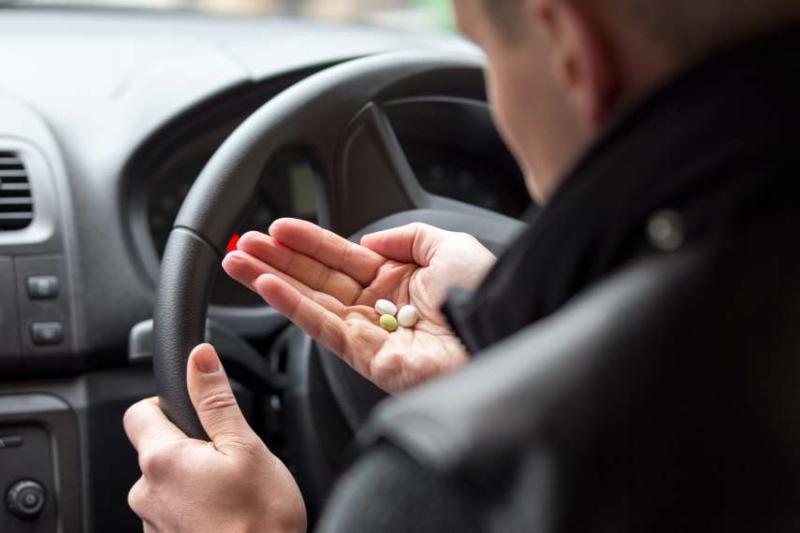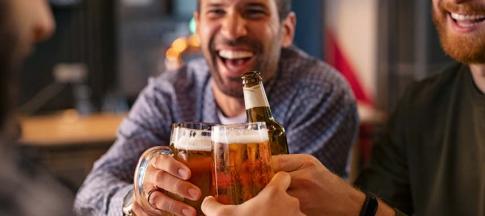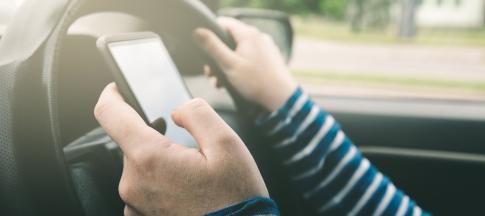
Check the legal limits for over-the-counter prescription medicines and illegal drugs, alongside the penalties for drug-driving.
Is there a zero limit on drug-driving laws?
The UK Government decided against a zero limit as certain medicinal drugs are absorbed in the body and produce trace effects.
They also wanted to avoid penalising drivers for accidental exposure to drugs, such as inhaling cannabis smoke in a public place.
However, if a driver is affected in any way, it’s an offence.
What are the drug-driving limits?
In 2015, a rule specified limits for 17 drugs making it an offence to drive after taking them. Under the Road Traffic Act 1988, police must prove someone's driving is impaired due to drugs to prosecute.
Illegal drugs
- Benzoylecgonine (cocaine) - 50 micrograms per litre of blood (µg/L)
- Cocaine - 10µg/L
- Delta-9-Tetrahydrocannabinol (cannabis and cannabinol) - 2µg/L
- Ketamine - 20µg/L
- LSD - 1µg/L
- Methylamphetamine - 10µg/L
- MDMA (ecstasy) - 10µg/L
- Heroin and diamorphine - 5µg/L
Prescription drugs
- Clonazepam (used to treat seizures and panic disorder) - 50µg/L
- Diazepam (anti-anxiety) - 550µg/L
- Flunitrazepam (Rohypnol - sedative) - 300µg/L
- Lorazepam (anti-anxiety) - 100µg/L
- Methadone (heroin substitute) - 500µg/L
- Morphine (pain relief) - 80µg/L
- Oxazepam (anti-anxiety) - 300µg/L
- Temazepam (anti-anxiety and sedative) - 1,000µg/L
- Amphetamines (eg dexamphetamine used for conditions such as ADHD) - 250µg/L
The limits for most prescription drugs are above the normal doses. The law allows police to test and arrest motorists suspected of driving over the levels.
If you take prescription medicine, keep evidence when you drive in case you're stopped by police.
Penalties for drug-driving
If convicted of drug-driving, you'll get:
- A minimum one-year driving ban
- A fine up to £5,000
- A criminal record
Your driving licence will also show a conviction for drug-driving and remains for 11 years.
If you have a driving job, the conviction is visible to your employer. You may also have difficulty travelling to certain countries like the USA.
Can I get motor insurance with a drug-driving conviction?
Admiral and its sister companies won’t cover anyone with a drug-driving offence.
What are the drink-drive alcohol limits in the UK?
The legal drink-drive limit for most of the UK is 80 milligrams per 100ml of blood. The equivalent of 800,000 micrograms per litre.
In December 2014, Scotland's drink-drive limit was lowered to 50 milligrams of alcohol per 100ml of blood; bringing them in line with most other European countries.


